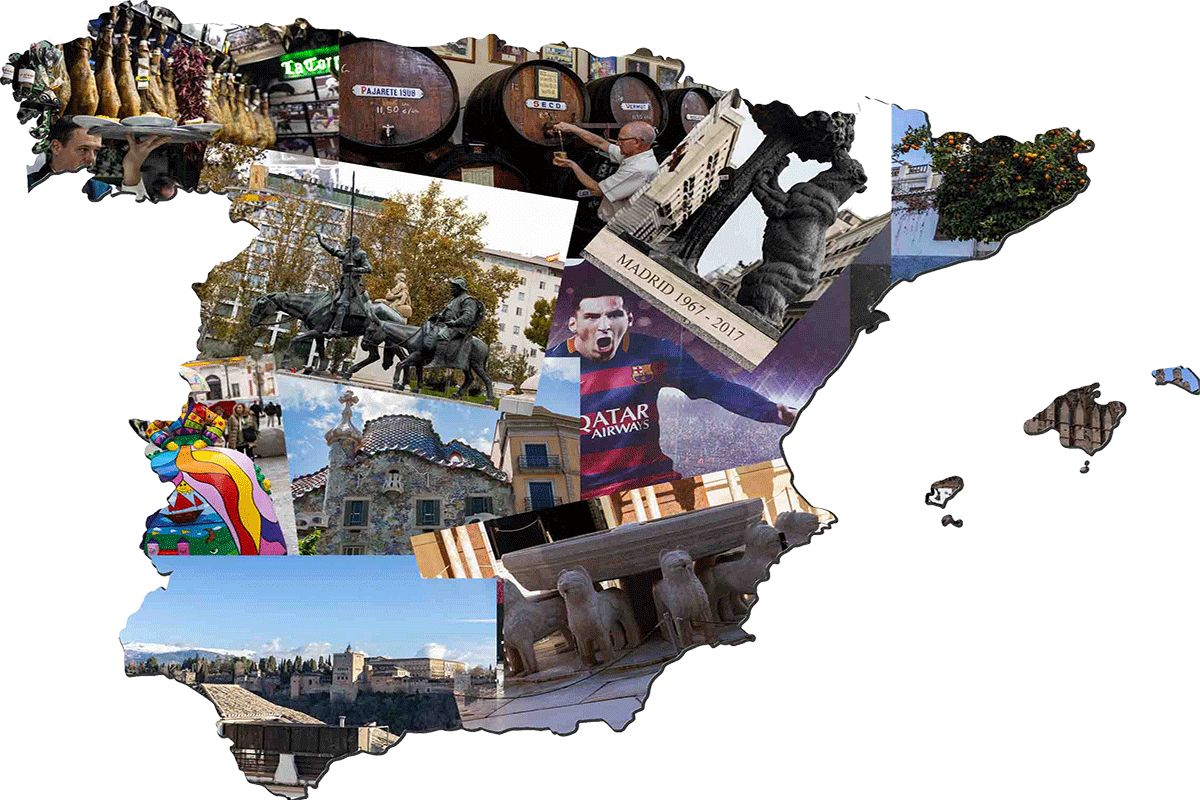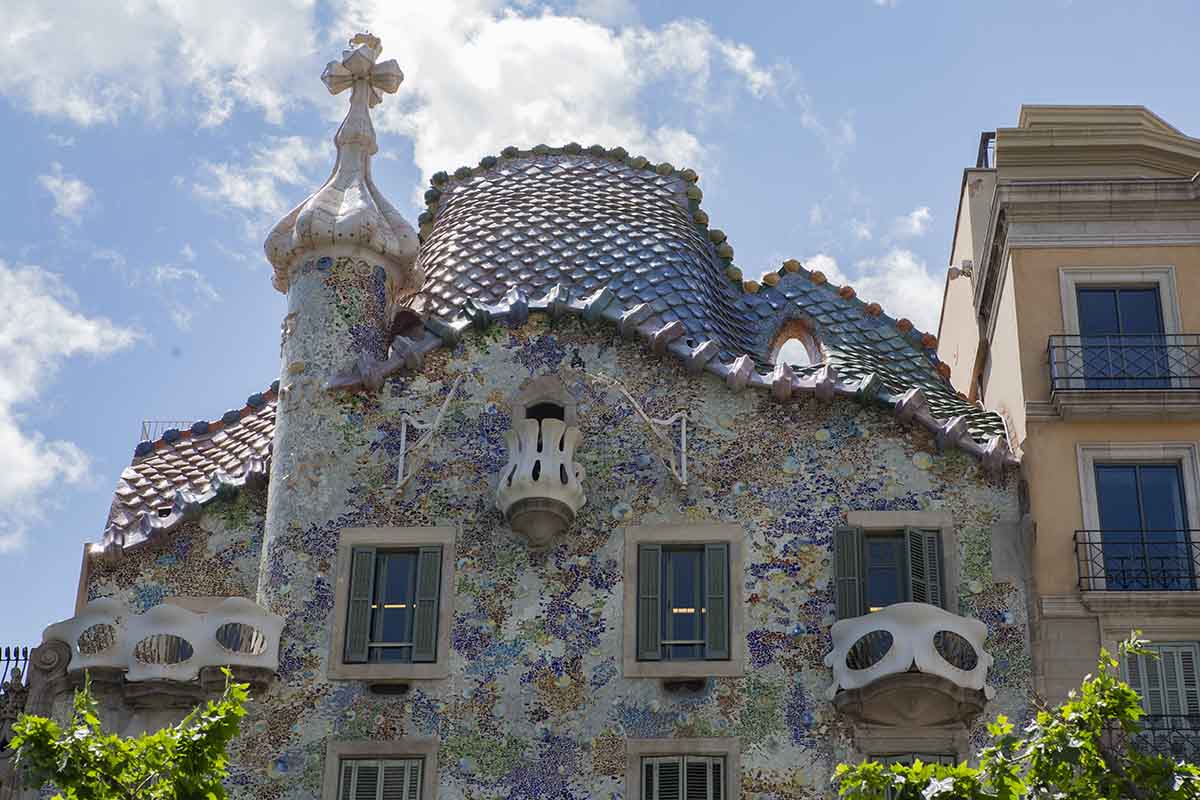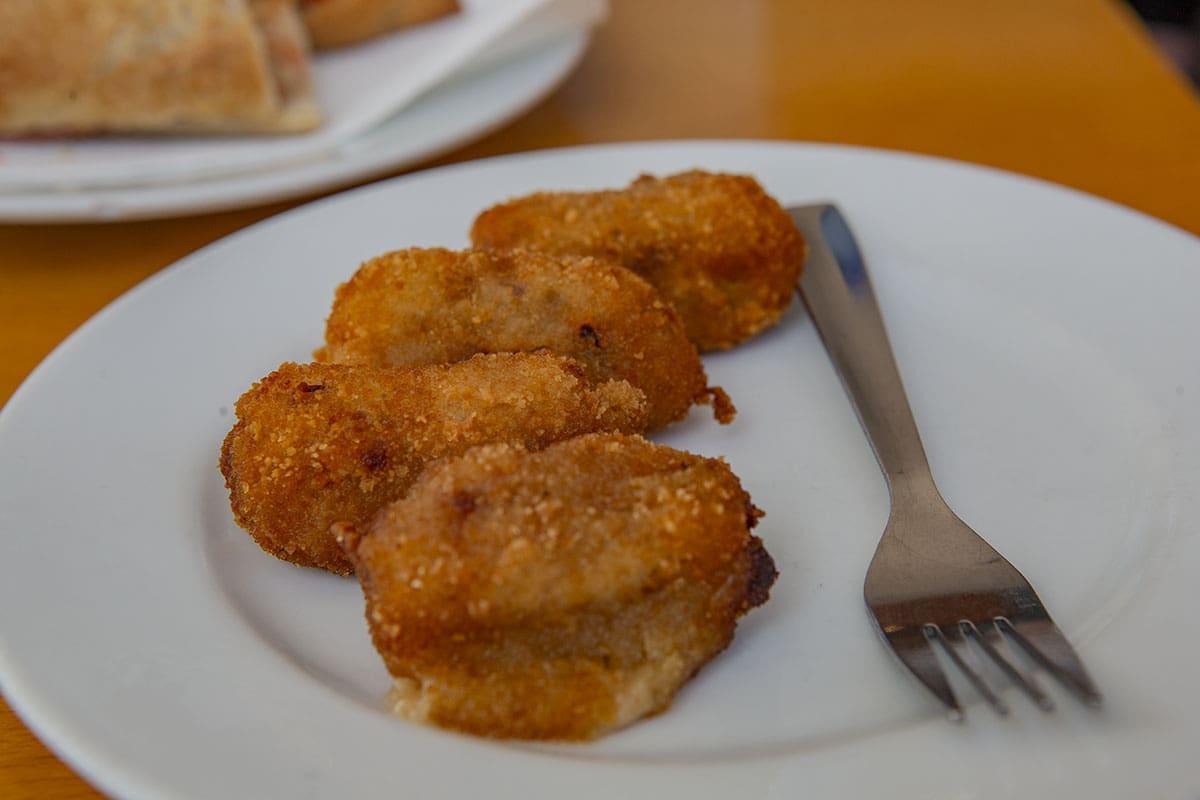Spain
Spain is one of the most captivating and diverse countries in Europe. Travel in Spain offers visitors a glimpse into the country’s rich history, vibrant culture, world-renowned cuisine, and a deep passion for sport. From the sun-drenched beaches of the Mediterranean to bustling cities like Madrid and Barcelona, Spain is a country of contrasts. Here, a hyper-modern country blends seamlessly with centuries-old traditions. Read on for interesting information about Spain which will help you plan a trip to this wonderful country.
Whether you’re interested in art, history, gastronomy, or simply soaking up the Spanish sun, this guide will introduce you to Spain, helping you make the most of your visit.

Interesting Information About Spain – History

Interesting information about Spain – Spain’s history is long and complex, shaped by a variety of civilisations and empires that have left their mark on the country’s identity.
- Ancient Iberia and Roman Rule: The history of Spain begins with the early Iberians, who mixed with Celts and Phoenicians. However, it was the Roman Empire that truly shaped ancient Spain. Roman ruins such as the Aqueduct of Segovia and Tarragona’s amphitheatre are enduring reminders of this period.
- The Moors and the Reconquista: The Moors, an Islamic empire from North Africa, conquered much of southern Spain in the 8th century. They ruled for over 700 years, leaving a significant cultural legacy, particularly in architecture, science, and art. Notable landmarks such as La Alhambra in Granada and the Mezquita in Córdoba showcase this rich heritage. The Reconquista, the Christian reconquest of Spain, ended in 1492 with the fall of Granada.
- The Spanish Empire and Golden Age: Spain’s two rival kingdoms of Castille and Aragon merged in 1469 through the marriage of Isabella I and Ferdinand II. Following this, Spain emerged as one of the most powerful empires in the world. Christopher Columbus’ discovery of the Americas marked the beginning of Spain’s global empire. The subsequent influx of wealth led to Spain’s Golden Age, a period of flourishing arts and exploration.
- Modern Spain: The 20th century saw the end of the Spanish monarchy, the Spanish Civil War (1936–1939), and the dictatorship of Francisco Franco. After Franco’s death in 1975, Spain transitioned to a democracy and became a constitutional monarchy under King Juan Carlos I. Today, Spain is an important member of the European Union.
Travel in Spain – Culture

Spanish culture is renowned for its passion, vibrancy, and diversity.
- Festivals and Celebrations: Spain is home to some of the world’s most vibrant festivals. La Tomatina in Buñol is an eccentric festival where participants throw tomatoes at each other. In Valencia, the running of the bulls in Pamplona is a world famous spectacle. Spain is a predominately Catholic country, and this influences many of its festivals. Semana Santa (Holy Week), a religious celebration, is held throughout the country, with the most elaborate processions in Seville.
- Art and Architecture: The country has a rich artistic heritage. Famous artists such as Pablo Picasso, Salvador Dalí, and Francisco Goya have made significant contributions to the world of art. Spain’s architecture is equally impressive, from the Romanesque and Gothic cathedrals to the Moorish influences seen in buildings like Alcázar of Seville and La Alhambra. The Sagrada Familia in Barcelona, designed by Antoni Gaudí, is one of the most iconic modern architectural works in the world.
- Languages: Spanish (Castilian) is the official language. However, Spain is home to a variety of regional languages, reflecting its diverse cultural heritage. Catalan is spoken in the northeast, Galician in the northwest, and Basque (Euskara) in the northern Basque country. Each region takes pride in its own language, culture, and traditions.
- Flamenco and Music: Flamenco is perhaps the most famous expression of Spanish culture. Originating in Andalusia, it combines guitar playing, singing, and dancing. Spanish classical music has also produced famous composers such as Manuel de Falla and Isaac Albéniz. Andre Segovia is considered a legend of classical guitar. Meanwhile, modern Spain has embraced diverse genres, from pop to electronic music.
Interesting Information about Spain – Cuisine

Interesting information about Spain – Spanish cuisine is world famous for its diversity, bold flavours, and use of fresh ingredients. Each region of Spain has its own culinary specialities, making it a paradise for food lovers.
- Tapas: One of the most beloved Spanish traditions is enjoying tapas, small dishes served as appetisers or snacks. Tapas can range from simple olives and cheese to more elaborate dishes like patatas bravas (fried potatoes with spicy tomato sauce) and gambas al ajillo (garlic prawns). Cities like Seville, Granada and San Sebastien are famous for their lively tapas scenes.
- Paella: Spain’s most famous dish is paella, a saffron-infused rice dish originating from the Valencia region. Traditionally, made with seafood, paella variations include paella mixta (with meat and seafood) and paella valenciana (with rabbit and chicken).
- Jamón Ibérico: Cured ham is a staple of Spanish cuisine, and Jamón Ibérico is one of the finest. Made from black Iberian pigs, this ham is cured for several years, creating a complex, intense flavour. It is often served thinly sliced and eaten on its own or with bread.
- Regional Specialities: Each region in Spain offers unique culinary experiences. In the Basque Country, you can enjoy pintxos, small snacks served on bread, often accompanied by local wines. Seafood lovers in Galicia, will adore dishes like pulpo a La Gallega (Galician-style octopus). In Catalonia, you’ll find crema catalana, a Spanish version of crème brûlée.
- Wine and Sangria: Spain is one of the world’s largest producers of wine. Regions like La Rioja, Ribera del Duero, and Priorat offering excellent vintages. Cava, Spain’s sparkling wine, is also popular, particularly in Catalonia. Sangria, a refreshing mix of red wine, fruit, and brandy, is a quintessential Spanish drink.
Travel in Spain – Sport
Interesting information about Spain – Spain is a country passionate about sport, with football being the national obsession. However, other sports such as tennis, and cycling also enjoy widespread popularity.
- Football: Spain is one of the most successful footballing nations in the world. Its national team won the FIFA World Cup in 2010 and the UEFA European Championship three times. The La Liga football league features world-famous clubs like Real Madrid and Barcelona. Spain stops during matches between these two teams. “El Clasico”, is one of the biggest sporting events globally.
- Tennis: Spain has produced some of the greatest tennis players in history. Rafael Nadal is one of the best players of all time, and new superstar Carlos Alcaraz threatens to eclipse even his achievements. The Mutua Madrid Open is a major tennis tournament on the ATP and WTA tours, held annually in Madrid.
- Cycling: Spain is home to several prestigious cycling races. The Vuelta a España is one of the three Grand Tours, alongside the Tour de France and Giro d’Italia. Spain’s mountainous terrain makes it a favourite destination for cyclists.
- Bullfighting: Although controversial, bullfighting remains a significant part of Spanish culture. However, in recent years, there has been growing opposition to bullfighting with bans in some regions, including Catalonia.
Conclusion
Hopefully, you found this interesting information about Spain useful.
Spain is a land of contrasts, offering an incredible array of experiences for every traveller. Prefer the stunning architecture of Gaudí in Barcelona to the Moorish splendour of Granada? Lively festivals more to your liking than relaxation on Mediterranean beaches? It doesn’t matter! Spain has an experience for you. Embrace the warmth of the Spanish people, savour the local cuisine, and immerse yourself in the country’s rich history for an unforgettable trip.

